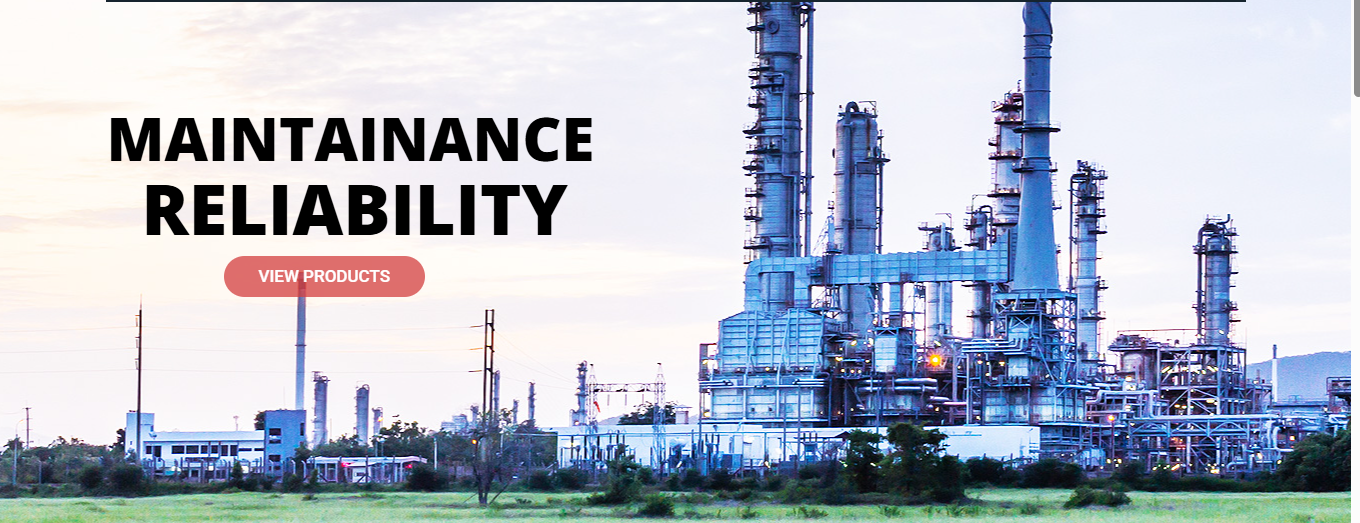-
Fil d’actualités
- EXPLORER
-
Pages
-
Groupes
-
Evènements
-
Reels
-
Blogs
-
Offres
-
Emplois
-
Forums
-
Film
Condensation

Understanding Condensation: A Key Process in Energy Efficiency and Heat Recovery
In the world of industrial energy systems, condensation plays a crucial role in improving efficiency, reducing energy waste, and optimizing thermal management. Whether it’s in steam systems, heat exchangers, or HVAC systems, understanding how condensation works can help industries across the Middle East and Africa achieve better sustainability and cost savings.
What Is Condensation?
Condensation is the process by which a gas or vapor transforms into a liquid when cooled below its dew point. In simpler terms, when steam or vapor loses heat, it releases latent heat and turns back into a liquid form. This released heat is often harnessed for energy recovery in various industrial applications.
In the context of industrial heating and cooling systems, condensation is not just a byproduct—it’s an opportunity for energy reuse and system optimization.
How Condensation Improves Industrial Efficiency
1. Heat Recovery and Reuse
Condensation allows industries to capture the latent heat of vaporization and repurpose it for preheating water, air, or other fluids. This process can significantly reduce fuel consumption and operational costs.
2. Enhanced System Performance
By efficiently managing condensation within boiler and steam systems, plants can maintain consistent pressure, minimize losses, and enhance overall system performance.
3. Environmental Benefits
Industries focusing on condensate recovery contribute to reducing CO₂ emissions and water wastage. This aligns perfectly with the sustainability goals of the Middle East and African regions, where water conservation and energy efficiency are growing priorities.
Condensation in Boiler and Steam Systems
In boiler systems, steam is used to transfer heat for industrial processes. When this steam releases energy, it condenses into water (known as condensate). This condensate still contains valuable heat energy, which can be recovered and reused instead of being wasted.
At API Energy, we provide advanced condensation systems designed to improve heat recovery, minimize energy losses, and support efficient water usage—helping industries across the Middle East and Africa operate more sustainably.
Applications of Condensation Systems
Condensation technology has applications in several industrial sectors:
- Power Generation Plants
- Food and Beverage Processing
- Petrochemical Industries
- HVAC Systems
- Waste Heat Recovery Units
These systems are critical for operations where thermal efficiency and energy savings directly impact profitability.
Why Choose API Energy for Condensation Solutions?
API Energy specializes in energy-efficient technologies, including heat exchangers, steam systems, and condensation recovery units. Our products are engineered to meet the unique environmental and industrial conditions of the Middle East and Africa, providing:
- High-performance and durable systems
- Optimized energy recovery
- Lower operational costs
- Environmentally sustainable solutions
To learn more about our condensation solutions, visit our official page: https://apienergy.co.uk/product/api-energy-condensation
Condensation is much more than a natural phase change—it’s a gateway to energy efficiency, sustainability, and cost reduction. With the right condensation systems in place, industries can achieve significant improvements in both performance and environmental impact.
For inquiries related to our condensation systems and other energy-efficient products, contact API Energy via email at info@apienergy.co.uk.
Stay connected with us on https://www.facebook.com/apienergy/ and https://www.linkedin.com/company/apienergy for updates and innovations in energy technology.
API Energy – Powering Sustainable Energy Solutions across the Middle East and Africa.
- AI
- Vitamins
- Health
- Admin/office jobs
- News
- Art
- Causes
- Crafts
- Dance
- Drinks
- Film
- Fitness
- Food
- Jeux
- Gardening
- Health
- Domicile
- Literature
- Music
- Networking
- Autre
- Party
- Religion
- Shopping
- Sports
- Theater
- Wellness


